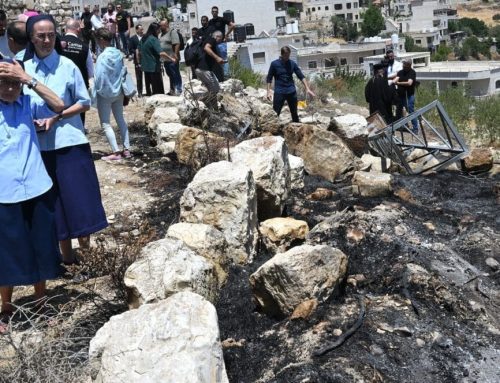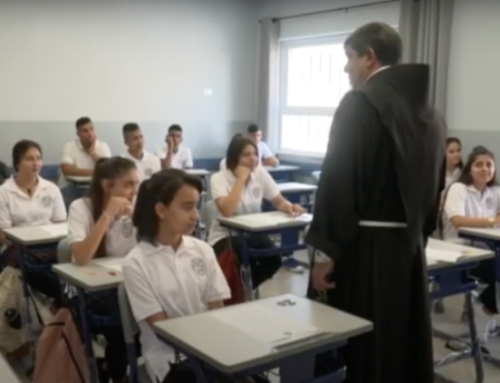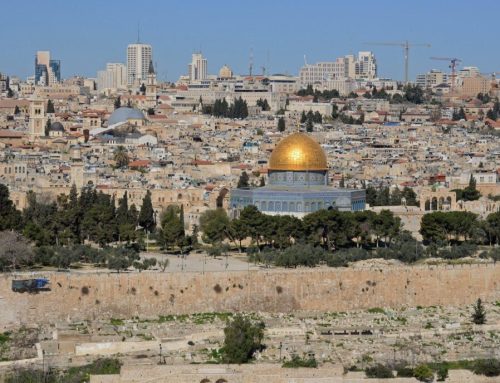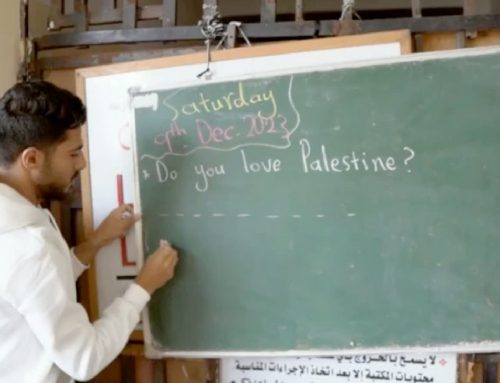AHLI ARAB HOSPITAL, GAZA CITY
December 6, 2023 – As the conflict in Gaza continues to unfold, Ahli Arab Hospital remains at the forefront of the escalating crisis, providing care to patients despite daily bombardments in Northern Gaza and critical resource shortages.
After closing briefly two weeks ago amidst heavy bombardment, Ahli Arab Hospital is open again and serving the hundreds of wounded still remaining in Gaza City, operating at reduced capacity with increased needs.
Thanks to the brief ceasefire one week ago, the World Health Organization (WHO) was able to oversee a supply delivery to the hospital, which remains the only functional medical center operating in Northern Gaza. Among the items delivered were fuel for the generators, much-needed anesthesia, ICU supplies, emergency drugs, and IV fluids.
The WHO also reported that the hospital is teeming with hundreds of injured patients. St. Philip’s Chapel, which sustained a fair amount of damage in the October 17 bombing at Ahli, is now being used to accommodate the massive overflow of injured. The majority of cases are severe and need advanced care and surgical intervention.
Although volunteer doctors and nurses have responded to appeals for help, Ahli is still in need of additional vascular, neuro, and orthopedic surgeons, as well as more drugs and medical supplies to meet the demand.
The Diocese of Jerusalem has partnered with the Palestine Red Crescent Society & The United Nations Relief and Works Agency for Palestine Refugees (UNRWA) to address these urgent needs and critical supplies shortages. The reliability of the supply chain remains a significant challenge, however, particularly now that the ceasefire has ended.
The situation on the ground is fluid, and information is challenging to verify.According to The Palestinian Telecommunications Company, as of Monday, December 4, landlines, mobile networks, and internet services in Gaza City and all of Northern Gaza are completely down due to damage caused by air strikes.AFEDJ will continue to monitor the situation and update our website with accurate, reliable information as necessary.
Broader Impact of the Israel-Hamas Conflict on the Greater Diocese of Jerusalem Institutions The repercussions of the conflict extend beyond Ahli Arab Hospital, affecting all ministries of the Diocese of Jerusalem across the Holy Land, either directly or indirectly.
Border Closures and Unpredictable Travel Lead to Soaring Unemployment Rates and Economic Fallout Spikes in settler violence, ongoing artillery exchanges between Gaza, Israel, and Lebanon, and border closures have made travel between Israel and the Occupied Territories of Palestine difficult to impossible. Because of this, Jerusalem, Israel, and the West Bank are grappling with sharply rising unemployment rates. Palestinian residents of the West Bank and East Jerusalem who work in Israeli firms, tourism, and related sectors are severely impacted, leading to furloughs that directly affect Diocese of Jerusalem schools, centers, and healthcare institutions.
Financial Strain on Families and Institutions Families are unable to cover the costs of school tuition and medical services. Due to the closure and separation of West Bank areas, income generated by Diocese of Jerusalem schools and health institutions has plummeted.
Holy Land Pilgrimages Put on Hold The suspension of Holy Land pilgrimages further compounds the economic challenges faced by Jerusalem and Ramallah. This results in a loss of income, both from guesthouses and St. George’s College, which is crucial for bridging the financial gap in schools and health institutions.
In the face of these challenging circumstances, support and fundraising efforts are paramount to ensure the continued operation of vital diocesan institutions and the well-being of those affected in the Holy Land. As the situation evolves, AFEDJ will continue to provide accurate, relevant, mission-focused updates during the current crisis.
By afedj.org






